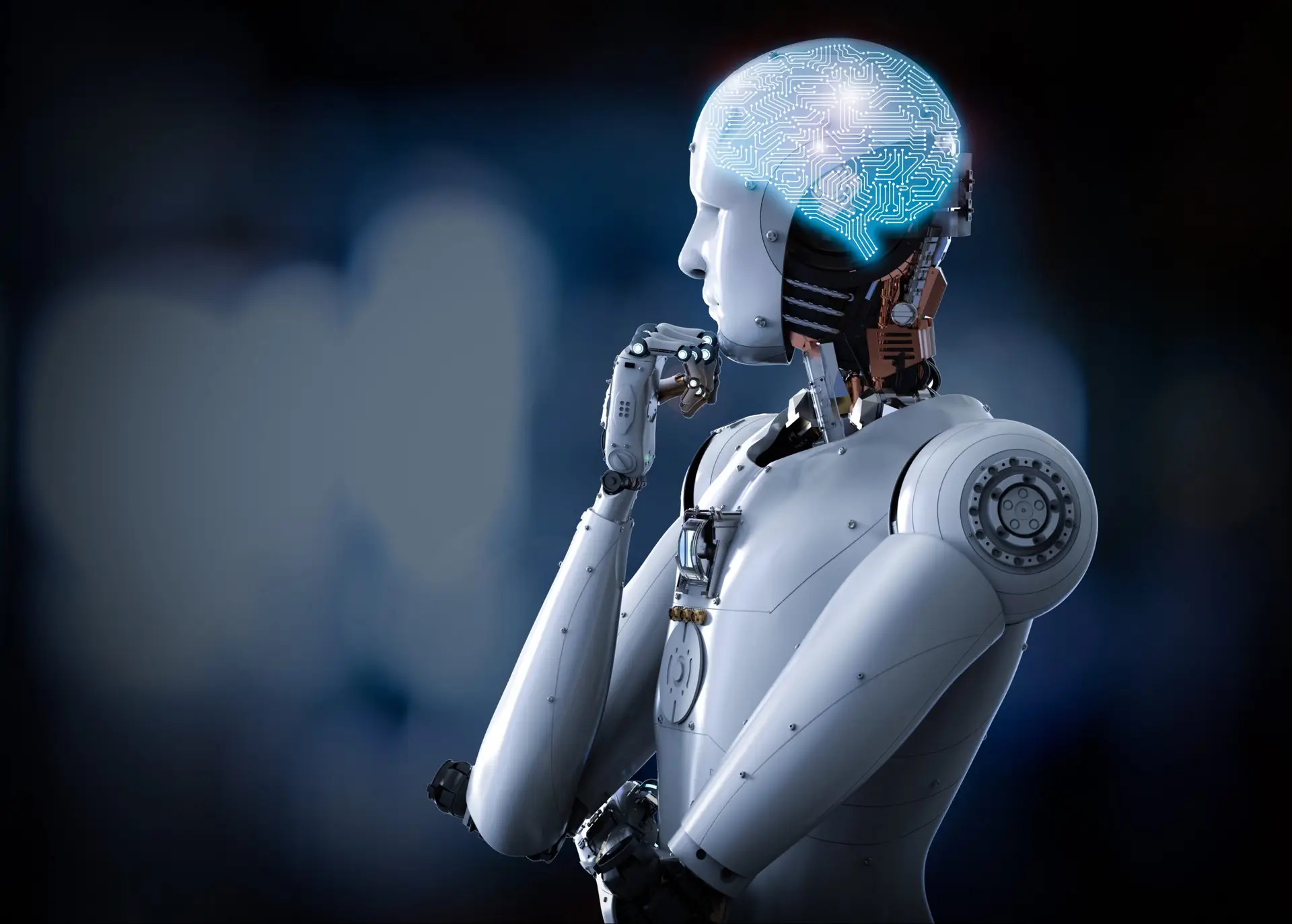The meteoric rise of artificial intelligence (AI) has machines outperforming humans in tasks ranging from chess to music composition, showcasing their analytical might. Yet, the question looms: Can artificial intelligence achieve true wisdom? Wisdom transcends mere data processing; it embodies emotional understanding, ethical judgment, and the mindful application of knowledge and insight to convey meaning. While AI excels in efficiency, bridging the gap to human wisdom—with its empathy and adaptability in nuanced situations—poses a significant challenge. As we navigate this technological advancement, we’re prompted to ponder the integration of AI into society and the core values that define our humanity.
Wisdom: More Than Just Data
Traditionally, wisdom has been defined as the combination of knowledge and insight, usually acquired through experience, and leading to sound judgment and decision making. The insight part is critical here, as it is the ability to understand meaning through sharp observation, making connections between seemingly disparate pieces of information, and applying critical thinking and creativity to establish new meaning. This insight, coupled with knowledge and experience, allows for wise decision-making.
Here’s where AI faces a significant hurdle. AI excels at amassing and processing vast amounts of data. They can identify patterns and correlations that might escape even the most brilliant human minds. However, translating this data into true insight – the “why” behind the “what” – remains a challenge. Even harvesting the ‘wisdom of the crowd’ out there in the large datasets, will not cut it to pull the creativity element of achieving new insight.
The Evolving Definition of Wisdom
The concept of wisdom itself is not static. As societies and technology evolve, our understanding of what constitutes a wise decision changes. In the past, wisdom might have been equated with knowledge of ancient texts or mastery of traditional skills.
Today, navigating a complex, data-driven world requires a different kind of wisdom. The ability to critically evaluate information, identify biases in data sets, and adapt to unforeseen circumstances are becoming increasingly important aspects of wise decision-making. Another aspect here is identifying false from true, spotting wrongful information, filtering ‘unnecessary’ opinions from facts, and cleaning up the noise from the data to achieve a clean reliable set of facts.
This means for AI to be remotely wise; the algorithms need to be actively analyzing, synthesizing, and evaluating information gathered from observation, experience, reflection, reasoning, or communication. This would also involve questioning ideas and assumptions rather than accepting them at face value, looking at counterpart perspective and how they were derived. This is the very definition of critical thinking.
Can AI Adapt to This Evolving Landscape?
Current AI systems struggle with these aspects. They are often programmed with specific goals and objectives, limiting their ability to adapt to unexpected situations or consider alternative perspectives.
However, the field of AI is constantly evolving. Researchers are exploring ways to imbue AI with more human-like qualities, such as the ability to learn from experience and adapt to changing circumstances. This could pave the way for a future where AI can not only process information but also develop a deeper understanding of the world, potentially leading to a form of artificial wisdom.
The Human Edge (For Now)
For now, the human edge in wisdom remains. Our capacity for empathy, critical thinking, and moral reasoning allows us to navigate complex situations and make nuanced judgments that are beyond the capabilities of current AI.
The future of AI and wisdom is likely to be a collaborative one. Imagine AI as a powerful tool, providing insights and analysis that humans can then use to make wise decisions. The combination of human wisdom and artificial intelligence could lead to a future of unprecedented progress and problem-solving.
The question then becomes: Will AI ever achieve true wisdom on its own? Our opinion is no, mainly due to the nature of the human mind and emotions intersections that is so complex, that even we (humans) still do not understand fully, let alone create a mimicking intelligence of it. However, only time will tell, and the journey of exploration promises to be fascinating.

